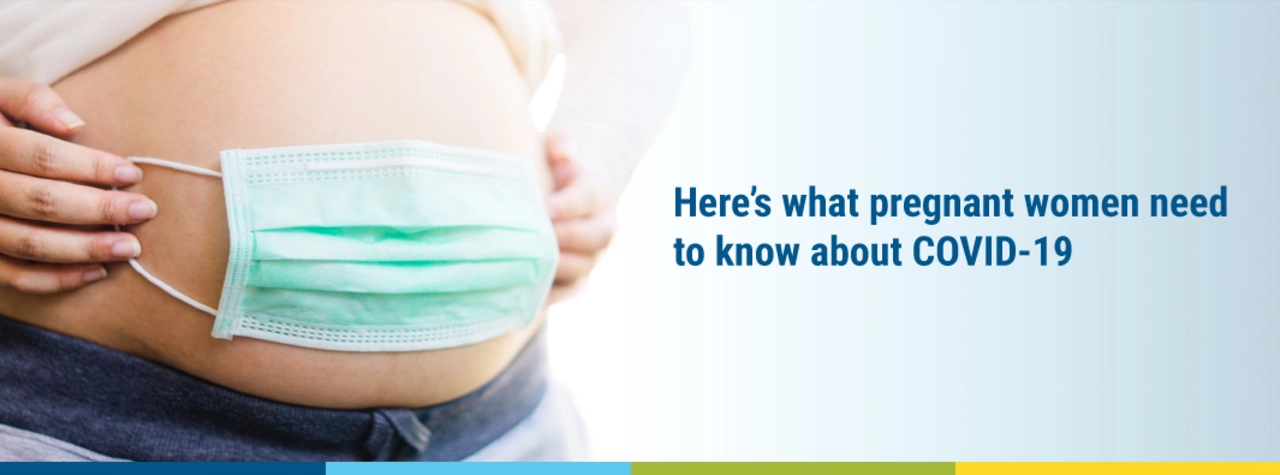Pregnancy Medication Guide: Safe Choices and Expert Tips
If you’re expecting a baby, the first thing that pops into your mind is usually “What can I take safely?” You don’t have to guess. At Viamedic we pull together up‑to‑date research, official guidelines, and real‑world advice so you know exactly which medicines are okay and which ones to avoid.
Pregnancy changes the way your body processes drugs. Hormones rise, blood volume expands, and the placenta adds an extra barrier. Because of that, a medication that was harmless before can become risky for the growing baby. The good news is most common over‑the‑counter pain relievers, certain antibiotics, and many prenatal vitamins are fine when used correctly.
What to Watch When Taking Medicines During Pregnancy
First, always check if a drug is labeled “Category B” or “Pregnancy Category A” by the FDA. Those categories mean studies haven’t shown any harm in animals and there’s limited human data supporting safety. If you see “Category X,” skip it – that means known risks outweigh any benefit.
Second, think about timing. The first trimester is when organs form, so doctors are extra cautious about anything that could interfere with development. Later on, in the second and third trimesters, the focus shifts to growth and preparing for birth, which changes which medicines are acceptable.
Third, watch dosage. Even safe drugs can cause trouble if you take too much. Follow the exact dose your doctor prescribes, and never double up because a symptom feels worse. For example, ibuprofen is okay in low doses after week 20, but high doses can affect fetal blood flow.
Finally, consider alternatives. Sometimes a simple lifestyle tweak—like using a cold compress instead of a decongestant—can keep you comfortable without any medication at all.
Top Resources on Viamedic for Expectant Parents
Our “Pregnancy” tag brings together articles that cut through the jargon. Need to know if albendazole is safe? Check out our detailed guide that breaks down trimester‑specific risks and WHO recommendations in plain language.
If you’re battling a bacterial vaginosis infection, we compare Flagyl alternatives such as secnidazole and probiotics, highlighting what works best during each stage of pregnancy.
For chronic conditions like diabetes or hypertension, our posts explain how drugs like metformin, dapagliflozin, and Norvasc should be adjusted when you’re pregnant. We also flag any red‑flag warnings that could affect both mom and baby.
Each article includes a quick “Safety Checklist” at the top: legal requirements, side‑effect profile, and key questions to ask your doctor. That way you can walk into appointments armed with the right info.
Remember, online resources are helpful, but they don’t replace professional advice. Use our guides as conversation starters with your obstetrician or pharmacist, and always get a prescription tailored to your unique health picture.
Pregnancy is a time of rapid change, but you don’t have to navigate medication safety alone. Bookmark the pregnancy tag on Viamedic, sign up for updates, and keep this page handy whenever you’re unsure about a pill, cream, or supplement. Your peace of mind—and your baby’s health—deserve nothing less than clear, trustworthy information.
Acotiamide and Pregnancy: What You Need to Know
As a blogger, I wanted to share some important information about acotiamide and pregnancy. Acotiamide is a medication used to treat functional dyspepsia, but its safety during pregnancy is still unclear. It's crucial for expecting mothers to consult their healthcare providers before taking any medication. In this post, I'll be discussing what you need to know about acotiamide and its use during pregnancy. Stay informed and make sure to prioritize the health of both you and your baby.
About
Health and Medicine
Latest Posts


Navigating Fibromyalgia Symptoms as You Age
By Orion Kingsworth Jul 19, 2024

Albendazole in Pregnancy: Safety, Risks, and Guidelines Explained
By Orion Kingsworth May 23, 2025

Preventive Measures for Building Resilient Pharmaceutical Supply Chains to Prevent Drug Shortages
By Orion Kingsworth Dec 23, 2025

